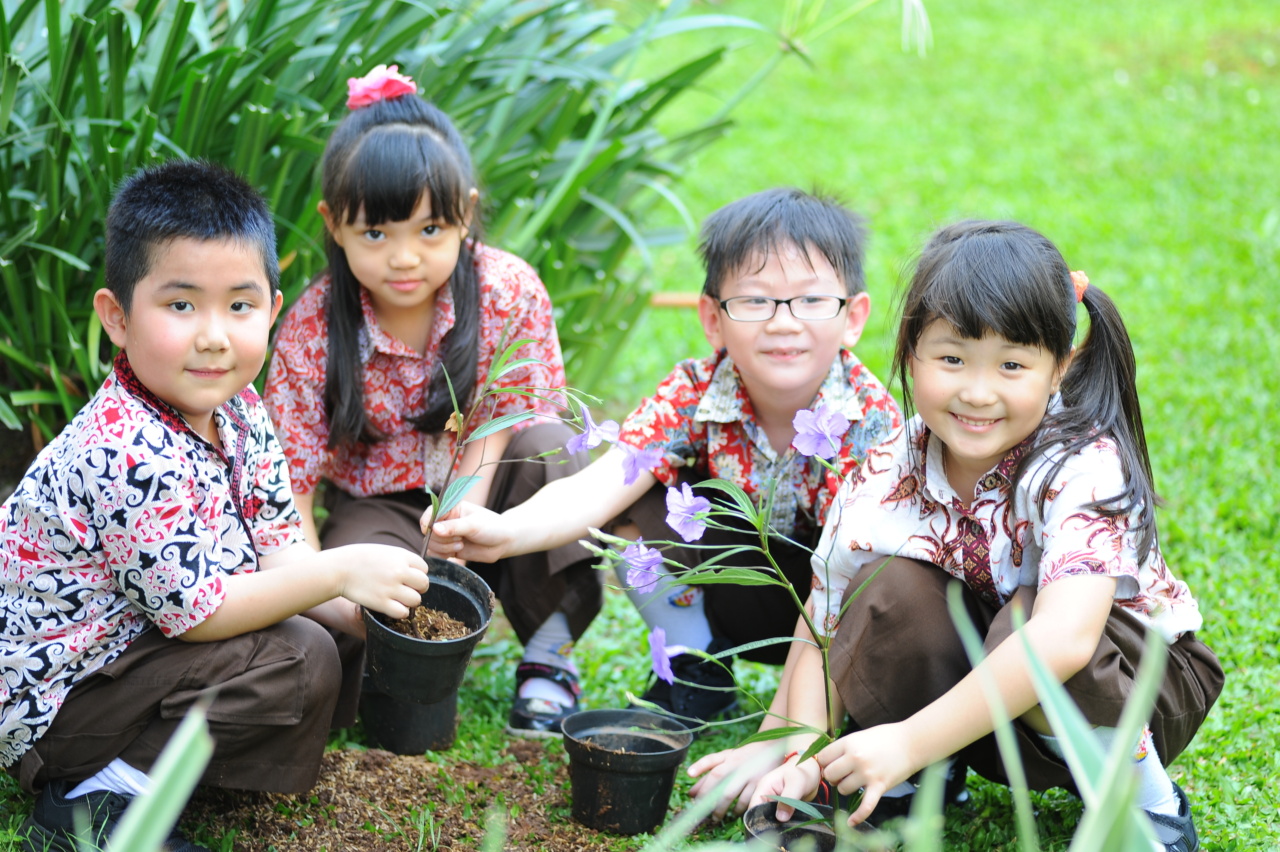Childhood is a crucial period in a person’s life, and ensuring a child’s happiness is of utmost importance.
But what factors contribute to a child’s happiness? In this article, we will explore ten key factors that can significantly impact a child’s emotional well-being and overall happiness.
1. Positive Parenting
Positive parenting is a foundational factor that greatly influences a child’s happiness. When parents provide love, support, and guidance, children feel secure and develop a positive self-image.
Positive parenting emphasizes communication, setting boundaries, and using effective discipline techniques that focus on teaching and understanding rather than punishment.
2. Healthy Relationships
Children thrive in environments where they witness healthy relationships. Whether it’s the relationship between parents, siblings, or other family members, positive connections provide emotional stability and a sense of belonging.
Healthy relationships also model effective communication, conflict resolution, and empathy, which contribute to a child’s own ability to form and maintain positive relationships.
3. Quality Education
Access to quality education is essential for a child’s happiness and success. A good education equips children with the necessary skills, knowledge, and opportunities to explore their passions and potential.
It fosters intellectual growth, enhances self-confidence, and provides a sense of achievement, contributing to overall happiness.
4. Emotional Support
Emotional support plays a vital role in a child’s happiness. When children feel heard, validated, and understood, they develop a strong sense of self-worth and emotional resilience.
Providing a safe space for children to express their emotions and offering guidance in managing their feelings helps them navigate challenges and build positive coping strategies.
5. Encouragement and Recognition
Children thrive when they receive encouragement and recognition for their efforts and achievements. Recognizing a child’s strengths, progress, and unique qualities boosts their self-esteem, motivation, and happiness.
Celebrating milestones, small achievements, and even failures as learning experiences helps children develop a growth mindset and a positive outlook on life.
6. Opportunities for Play
Play is an integral part of a child’s happiness and development. Engaging in unstructured and imaginative play allows children to explore their creativity, problem-solving skills, and social interactions.
Playtime also helps children relax, reduce stress, and release pent-up energy, contributing to their overall well-being and happiness.
7. Physical Health and Well-being
Physical health is closely linked to a child’s happiness. When a child is healthy, they have more energy, better focus, and improved overall well-being.
Encouraging regular physical activity, providing nutritious meals, and promoting healthy habits like proper sleep hygiene contribute to a child’s physical health, leading to increased happiness.
8. Sense of Belonging and Community
Feeling a sense of belonging and being part of a community is crucial for a child’s happiness.
Whether it’s within their family, school, or wider social circles, creating opportunities for children to connect with others fosters a feeling of support, acceptance, and social connectedness, which positively impacts their emotional well-being.
9. Autonomy and Independence
All children need opportunities to develop autonomy and independence.
When children are allowed to make age-appropriate choices, take responsibility, and develop decision-making skills, they gain confidence, self-reliance, and a sense of control over their lives. Striking the right balance between guidance and independence is crucial for a child’s happiness and personal growth.
10. Safe and Stable Environment
A safe and stable environment is vital for a child’s happiness. When children feel secure, whether it’s in their physical surroundings or the relationships they have, they can focus on exploring, learning, and developing their potential.
Providing consistency, stability, and a nurturing environment allows children to thrive emotionally and leads to increased happiness.































